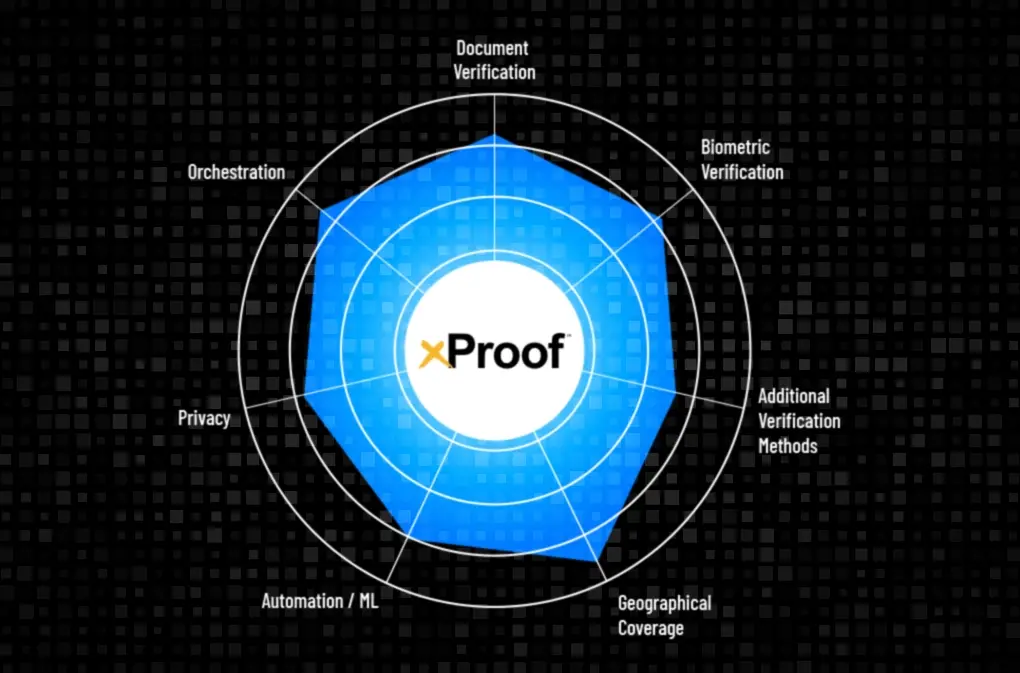How Will EUDI Wallets Affect Your Business?
On May 20, the European Union Digital Identity (EUDI) regulation entered force with the goal of creating a digital identity wallet as a convenient, secure method for European citizens and businesses to authenticate their identity for both public and private sector interactions.
Since May 2023, the EU has been running several large pilot digital identity wallet projects with approximately 360 entities, including private companies and public authorities from 26 member states, Norway, Iceland, and Ukraine. These projects will run until 2025.
According to the GIP Digital Watch Observatory, these pilots are exploring eleven use cases, “covering scenarios like accessing government services, opening bank accounts, SIM registration, mobile driving licenses, signing contracts, claiming prescriptions, travelling, organizational digital identities, payments, education certification, and accessing social security benefits.”
The European Commission anticipates that EU citizens and residents will begin to benefit from a personal European Digital Identity Wallet in 2026. As Eunews writes, “…member states will have to offer digital wallets that can link national digital identities with proof of other personal attributes (driver’s license, qualifications, bank account, health card), with the ability to prove identity and share electronic documents simply by using a smartphone.”
Let’s take a moment and look at the difference between digital ID and digital ID wallets, two terms which are distinct yet often used interchangeably. Digital ID or Digital Identity refers to a set of electronically captured and stored attributes and credentials that can uniquely identify a person or user transacting online (World Bank, 2018). Across the EU, digital IDs, also called electronic IDs (eID) are issued by the individual member country to their citizens.
According to YuTru, “…Digital Wallet refers to a virtual wallet or storage that stores and manages digital assets for a user.” The use of digital wallets has risen dramatically as people use them to store documents such as travel boarding passes, event tickets, medical identification cards, and payment methods such as Apple Pay and Google Pay.
A 2022 McKinsey study anticipated that within two years, over two-thirds of Americans would have a digital wallet. Forbes found that, as of August 2023, over half (53%) of Americans use digital wallets more than traditional payment methods – leaving time for McKinsey’s prediction to come to fruition, as the end of this year is still months away.
In its article, “Decoding the European Mobile Wallet Evolution,” Ipsos wrote, “The prevalence of Mobile Wallets has risen exponentially over the last two years, stemming from the rapid growth of smart-phones, technological advancements in payment acceptance, government initiatives to support a more cashless society and consumer desire for convenience and speed.”
The EU Digital Identity Wallet is also designed for data privacy and security. In addition to providing robust identity verification, it is compliant with the General Data Protection Regulation (GDPR) and is cybersecurity certified.
By bringing together Digital ID with a digital wallet, the European Commission expects that “at least 80% of citizens should be able to use a digital ID solution to access key public services by 2030.” The ease of using national eID anywhere in the EU is expected to produce significant benefits for citizens, businesses, and governments.
Benefits of the EU Digital Identity Wallet
Citizens will be able to enjoy convenience when accessing a wide array of public and private digital services throughout the EU, as well as transparency, security, and control over their data. By using national eID programs to register for their wallets, citizens can smoothly transition to digitally managing their identity.
- A user-friendly interface in the wallet will make it simple for people to manage their digital identity, access services, and create free, qualified eSignatures for non-professional use.
- Open-source licensing ensures transparency and reassures citizens that their data will be handled securely with preventative measures against misuse or illegal tracking.
- Citizens retain control over their information, choosing which elements to share with third parties.
Businesses will be expected to accept and facilitate the use of EUDI wallets, particularly those in industries such as banking, finance, transportation, energy, healthcare, education, and telecom. The benefits of adoption will include improving security and privacy, reducing costs, increasing online revenues, and optimizing resources.
- By ensuring a security standard, these wallets reduce the risk and liability associated with traditional authentication methods.
- By automating authentication, they reduce the cost and resource overhead of manual verification methods.
- By making it easier for consumers to purchase products and consume services online, they reduce friction, cut cart abandonment, and increase revenues.
- By expanding the digital literacy of consumers, wallets enable the creation of new online products and services and the extension of them beyond the existing customer base.
Governments will be able to improve access to services and increase fraud prevention and security, all while meeting the EU’s digital decade goal of having 100% of key public services and healthcare records available online by 2030.
- By streamlining the identity verification process, the wallets make it easier to access government services and extend them to additional citizens.
- They can also reduce identity theft and fraudulent use of services by providing a secure way to verify that a citizen is truly who they claim to be.
- The region-wide framework increases the security of citizen data while reducing the risk of hacks and breaches.
The general availability of EUDI Wallets is not far away – and it’s a short timeline for companies that do business with European customers and for those that must meet Know Your Customer (KYC) and Anti-Money Laundering (AML) regulations to prepare for the changes EUDI will bring.
Three steps you can take to be EUDI-ready
With large-scale pilot projects still ongoing, it may seem like things are still in flux. But beginning preparations now will help any business stay ahead of the curve of successfully accepting digital identity wallets.
1. Learn how the latest eIDAS regulation will affect your business
Success starts with understanding eIDAS 2.0, the regulation underlying EUDI. This latest version of the eIDAS (electronic Identification, Authentication and Trust services) law (in effect since 2014 as the first step toward digital identity), was formally adopted in March 2024.
In addition to introducing the digital ID wallet, the new regulation was designed to overcome weaknesses in the original law and to integrate technological advances that have occurred in the past decade. For example, the updated regulation introduces new electronic trust services, along with the creation, verification, and validation of certificates for website authentication, interoperability between member states, and new identification and authentication mechanisms.
2. Determine how your authentication processes may need to change
For businesses that still rely on passwords, PINs, and other knowledge-based factors for authenticating customer identity, it’s time to move to a biometric identity verification system. And, even for businesses that already use biometrics, it’s important to understand how authentication processes may need to adapt to accommodate the identity mechanisms in the digital wallet.
3. Prepare to make necessary updates to existing processes and systems
It’s essential to identify processes and systems that need to be updated to gain the full benefits of EUDI wallets for your business. Thorough research of the regulations and their technological impact on your services is critical – as is working on making the changes needed in an interdisciplinary way that leaves all branches of your business informed and prepared.
The EU Digital Identity Wallet holds much promise for organizations in a wide variety of industries. It should streamline onboarding, remove the friction from purchases and services delivery, open the door to new kinds of digital products and services, and provide a catalyst for business growth. EUDI will also reduce the risk of identity theft and data breaches – and their impact on a brand, its reputation, and bottom line – and make it easier to comply with KYC, AML, and other security regulations.
In 2020, at the dawn of the EU’s Digital Decade, President of the European Commission, Ursula von der Leyen, said in her State of the Union address, “Every time an App or website asks us to create a new digital identity or to easily log on via a big platform, we have no idea what happens to our data in reality. That is why the Commission will propose a secure European e-identity. One that we trust and that any citizen can use anywhere in Europe to do anything from paying your taxes to renting a bicycle.”
In a few years, this vision will be a reality. Will you be ready? Let us help you prepare with our market-leading, innovative identity solutions.









